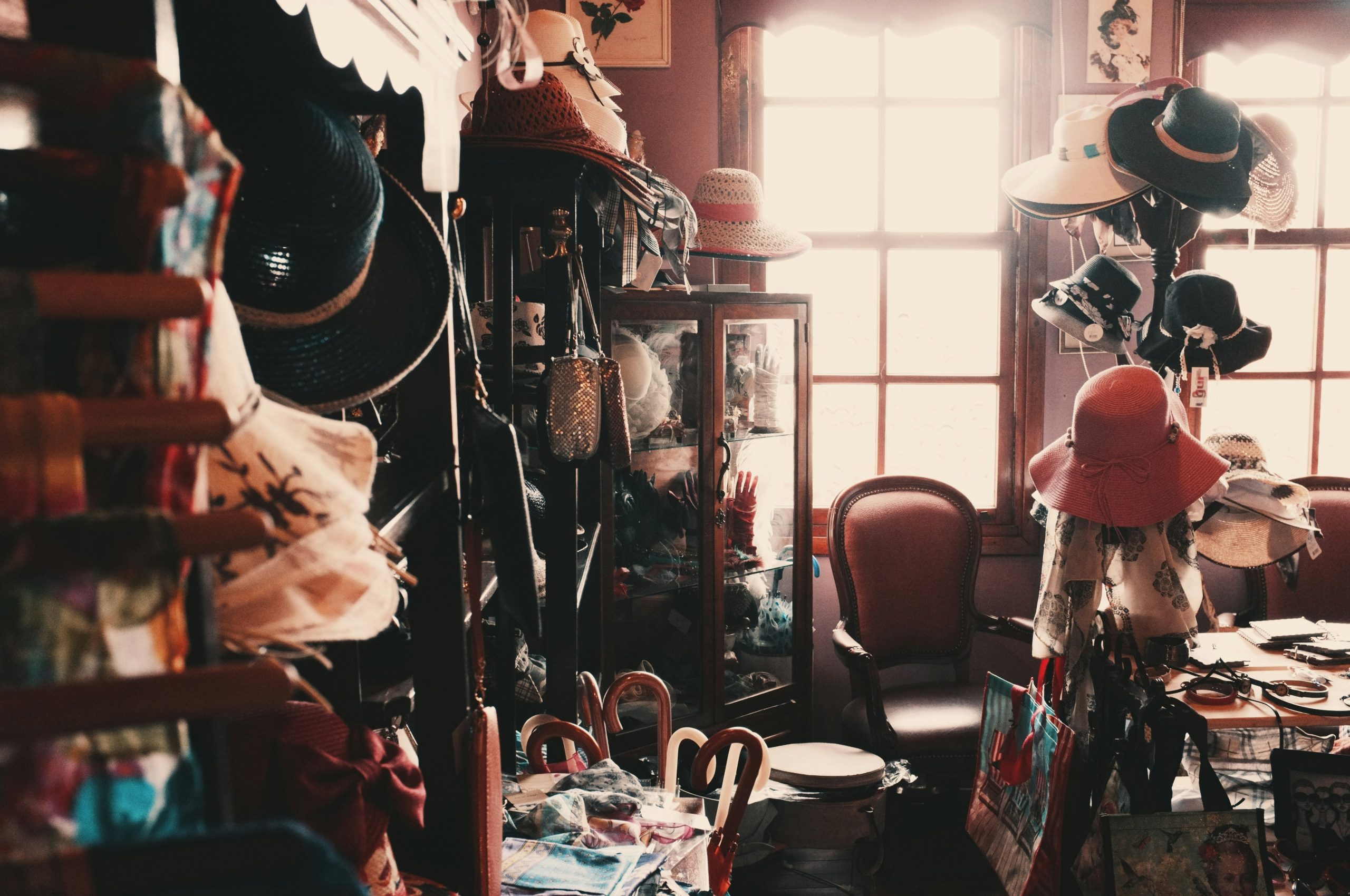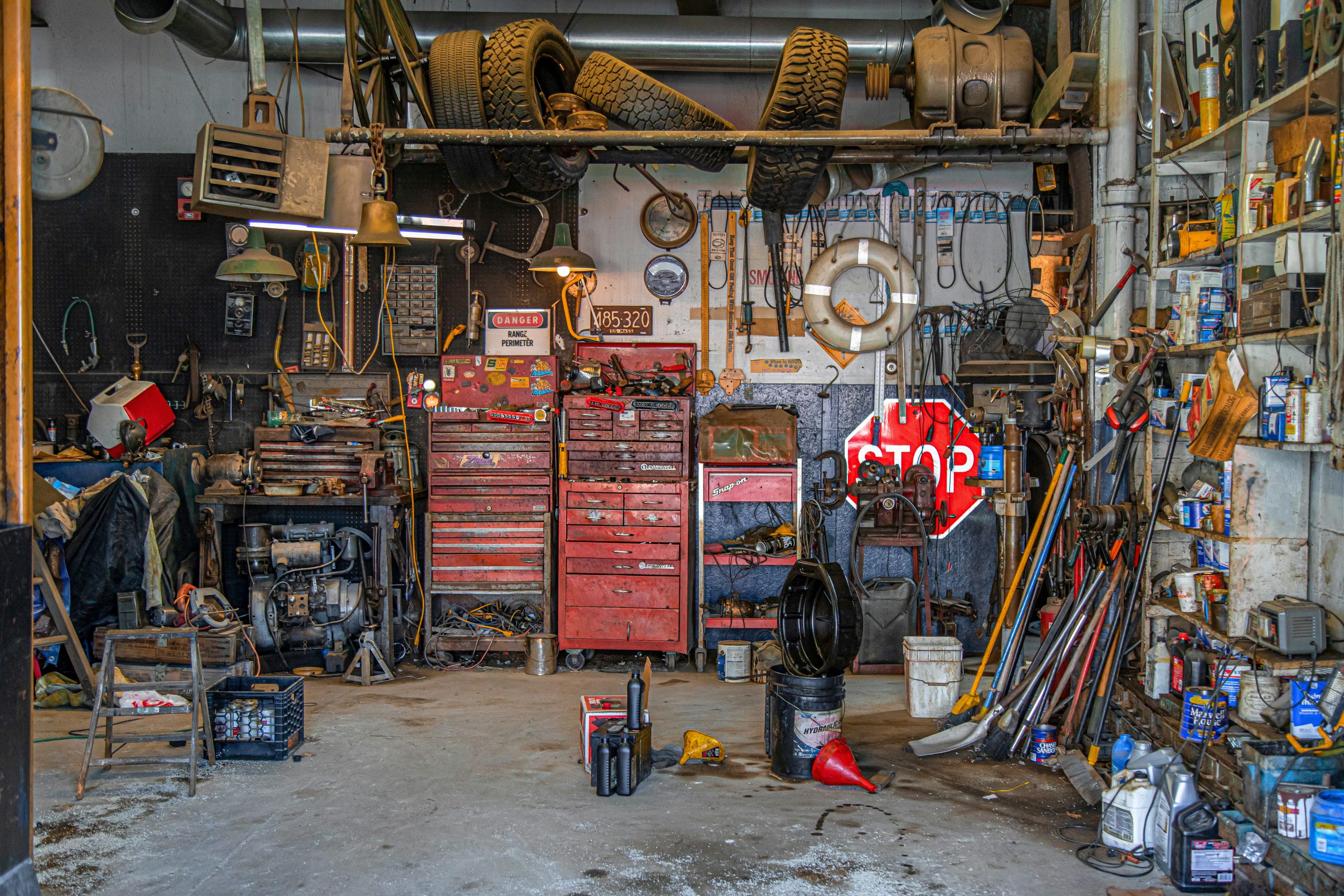We all deal with clutter from time to time. Whether it’s misplaced items that have been moved to the wrong place or an entire room that’s stuffed with things we don’t use every day but we still need, clutter can build up.
It might seem a simple and organisational issue that you’re going to get around to at some stage. It would help to know, though, that clutter is often something that goes much deeper than that, and it’s rooted in psychological and emotional factors. There is a connection between clutter and mental well-being, and it’s a significant one. Disorganised spaces can contribute to anxiety, depression, high stress levels and it can contribute to you feeling disorganised in yourself.
When you understand the psychology behind clutter, you’ll then be able to understand why and how self storage can offer the effective solution needed to gain control over your life and your mental health once more.
The Psychology Behind Clutter
Clutter, believe it or not, is not just a physical problem. It actually reflects deeper psychological tendencies. The accumulation of clutter happens for a range of reasons, and these are often tied to emotional experiences as well as subconscious behaviours.
Emotional Attachment
People hold onto items because those items are emotionally attached to them from their past, their present, or even something that they’ve had for their whole lives. Objects carry sentimental value. They remind us of times or places or people that we’d like to hold onto. It’s natural to want to keep the things that evoke positive memories, but an emotional attachment this way can sometimes lead into something excessive. For instance, if you choose to keep every single birthday card you’ve ever got, or every single souvenir from holiday, it sounds like a harmless thing to do. But when you consider the lifespan and how many holidays you may go on, it can build up and contribute to clutter.
Fear of Losing Control
Some people hold on to things because they fear losing control. This is a psychological factor behind clutter, and many people keep those items for just in case reasons, even if they haven’t used those items in years. They envision a future whereby they may need something that they’ve kept hold off for a long time. This is a mindset that can often lead to hoarding and that serves no immediate purpose but takes up a lot of valuable space.
Identity and Self-Worth
Clutter can also be tied into self worth and the identity of somebody. Some people choose to hold onto things because they believe that these are definitive items reflecting who they are and their past achievements. Old clothes, old books, hobbies, items that no one engages in – for example. This is an attachment that can create some internal conflict because it symbolises a reluctance to let go of a version of oneself that is outdated or old.
Procrastination and Decision Fatigue
Procrastination is a big problem when it comes to clutter. Sorting through all of that clutter requires decision making, and that can be mentally exhausting when you are spending your life making decisions about many things. Decision fatigue occurs when people feel overwhelmed by the number of choices that they have to make in one go. Instead of tackling that problem, they put it away for later. But later never really comes and more clutter accumulates in the meantime.
The Impact of Clutter on Mental Health
Having too much clutter around can really impact the mental health of some. It can have far reaching effects on someone’s well-being, and cluttered spaces are often associated with stressful feelings, anxious feelings, and even depression. Here is how clutter can negatively impact mental health.
Increased Stress and Anxiety
Living in an overly cluttered environment can be a source of stress, and this is because clutter bombards the senses. When you have excessive stimuli hitting the eyes and the brain, it makes it difficult for you to focus or relax or even feel any kind of peace. The brain responds to this environment by triggering stress responses and even shutting down.
Decreased Productivity and Focus
Cluttered environments can also lead to a decrease in productivity and focus because when there is too much information to visually process, there is a challenge behind it to concentrate on specific tasks. This is particularly problematic for those working from home.
Feelings of Shame and Guilt
Another consideration with clutter is that it can lead to negative emotions such as shame or guilt. Some people feel so embarrassed by the state of their home or the hoarding that they have involved themselves in and that can lead them to avoiding social interactions and inviting family over. This is a level of isolation that can contribute to loneliness and further exacerbate those guilty feelings of not taking actions to improve the situation.
How Self Storage Can Help
Now that you understand more about the psychological impact of clutter, you’ll be able to find practical solutions to manage it, and self storage is one of those solutions. You’ll find a safe, accessible, and even temporary solution for storing items that you may not need immediately, but are not ready to let go of.here are some of the ways that self storage can help:
Decluttering the Home
You gain a practical way to declutter your home without making drastic decisions that could be sometimes more stressful than the clutter itself.
Creating a Healthier Living Environment
You can create a healthier and more organised living environment when you have self storage to help.
Flexibility and Control
You gain better flexibility and control over the belongings in your home, and you can manage these on your terms. This allows you to make more impactful decisions about what to keep, donate or discard.
How Self Storage in Australia Can Help
If you are living in Adelaide, Self Storage Australia offers a reliable but convenient solution for those seeking to declutter their homes. We can accommodate everything from a few boxes, seasonal items to larger pieces of furniture in our facility. Our facilities are secure with modern surveillance systems and easy access so that you can ensure that your belongings are safe while you declutter your home.


